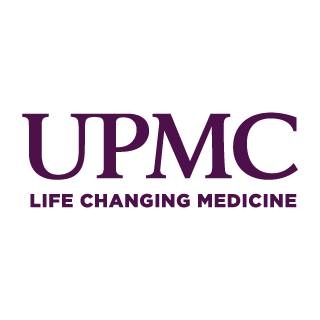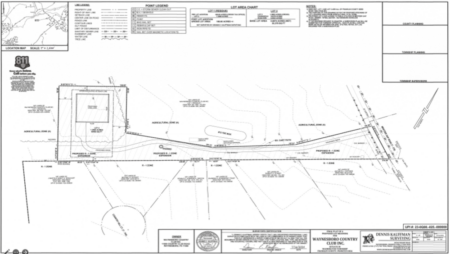HARRISBURG – A new therapy for in-stent restenosis, a condition in which scar tissue forms inside the stent, causing a previously opened coronary artery to narrow again was tried recently in Central Pennsylvania.
The team from the University of Pittsburgh Medical Center’s Heart and Vascular Institute was the first to participate in a national clinical trial evaluating the technology back in 2021.
This drug-coated balloon therapy is designed to prevent reoccurrence of the condition by delivering a drug via a balloon catheter to the affected artery after it has been mostly cleared of harmful plaques. This innovative and less invasive treatment, approved by the FDA in March, offers a promising solution for patients experiencing recurrent chest pain and adverse cardiac events.
William Griffie of Mechanicsburg, is the first patient to receive the therapy at the UPMC Heart and Vascular Institute. A Vietnam War veteran, Griffie underwent coronary artery bypass graft surgery at UPMC Harrisburg two decades ago.
He has been on at-home dialysis due to end-stage kidney disease and developed a port infection that required hospitalization. During his stay, cardiologists discovered that one of his two bypass grafts had become blocked. Given his health conditions, traditional heart surgery was not an option. However, the medical team was optimistic and determined that Griffie was an excellent candidate for the less invasive balloon therapy.
“It’s heartwarming to see advances in medical treatments providing new hope for patients like William,” said Thach Nguyen, M.D., interventional cardiologist, who successfully completed the first case at UPMC Harrisburg. “The introduction of this therapy represents a significant step forward in our ability to treat in-stent restenosis, providing our patients with improved outcomes and a better quality of life.”
This condition can affect up to 20 percent of patients after stent placement and is challenging to treat. Traditional treatment methods often add another metallic layer inside the old stent, which can worsen the problem and make future treatments more complicated. The new therapy avoids the addition of an extra metallic layer, thus reducing the risk of the blockage happening again.
“This therapy provides a new approach to reopening the vessel and reducing the risk of ISR reoccurrence without adding more stents or treating the vessel with radiation therapy, which has been used in the past,” said, William Bachinsky, M.D., former chairman, cardiovascular research program, UPMC and the interventionalist who performed the first such procedure in the U.S. in 2021.
Pioneers in cardiovascular health since 1956, doctors at the UPMC Heart and Vascular Institute in Central Pennsylvania were the first in the region to perform open-heart surgery and the first to perform coronary artery balloon angioplasty.
Other firsts include the implantation of a drug-eluting coronary stent, percutaneous (minimally invasive) aortic valve procedures, and the implantation of an FDA-approved percutaneous mitral valve repair device. UPMC’s vascular surgeons are experts at providing exceptional care through both vascular and endovascular techniques, according to the UPMC staff.
For more information or to schedule an appointment at the UPMC Heart and Vascular Institute, people may visit UPMC.com/CentralPaHeart.






















